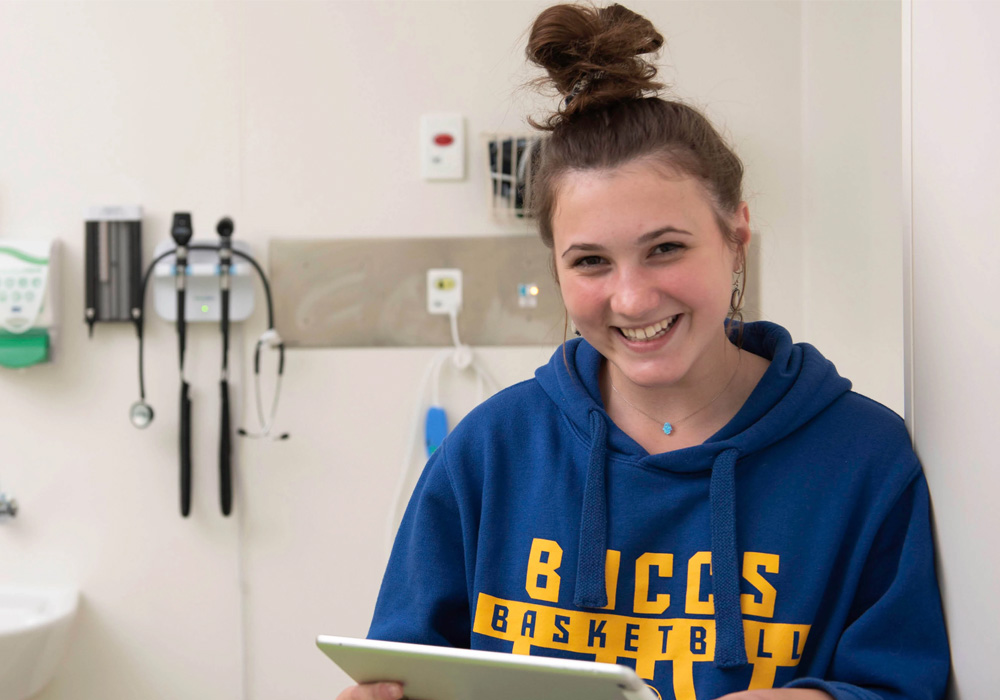Search
Research
Influenza vaccination in pregnancy among a group of remote dwelling Aboriginal and Torres Strait Islander mothers in the Northern TerritoryWe examined uptake of inactivated influenza vaccination in pregnancy and report adverse birth outcomes amongst a predominantly unvaccinated group
Research
The impact of new universal child influenza programs in Australia: Vaccine coverage, effectiveness and disease epidemiology in hospitalised children in 2018A significant reduction in severe influenza was observed in Australian children, possibly contributed to by improved vaccine coverage and high vaccine effectiveness
Research
Quality of benzathine penicillin G: A multinational cross-sectional studyBenzathine penicillin G (BPG) is used as first-line treatment for most forms of syphilis and as secondary prophylaxis against rheumatic heart disease (RHD). Perceptions that poor quality of BPG is linked to reported adverse effects and therapeutic failure may impact syphilis and RHD control programs. Clinical networks and web-based advertising were used to obtain vials of BPG from a wide range of countries.
Research
Pneumococcal conjugate vaccine primes mucosal immune responses to pneumococcal polysaccharide vaccine booster in Papua New Guinean childrenInvasive pneumococcal disease remains a major cause of hospitalization and death in Papua New Guinean (PNG) children. We assessed mucosal IgA and IgG responses in PNG infants vaccinated with pneumococcal conjugate vaccine (PCV) followed by a pneumococcal polysaccharide vaccine (PPV) booster.
Research
Clinical protocol for a longitudinal cohort study to identify markers of vaccine immunogenicity in newborn infants in the gambia and papua New GuineaImmunity is distinct in early life and greater precision is required in our understanding of mechanisms of early life protection to inform development of new pediatric vaccines
Research
A place for neutrophils in the beneficial pathogen-agnostic effects of the BCG vaccineThe BCG vaccine has long been recognized for reducing the risk to suffer from infectious diseases unrelated to its target disease, tuberculosis. Evidence from human trials demonstrate substantial reductions in all-cause mortality, especially in the first week of life. Observational studies have identified an association between BCG vaccination and reduced risk of respiratory infectious disease and clinical malaria later in childhood.
Research
Improving Vaccine-Induced Immunity: Can Baseline Predict Outcome?Baseline signatures might contribute to identifying interventional targets to be modulated prior to vaccination in order to improve vaccination responses

The Infectious Disease Implementation Research Team is a multi-disciplinary group researching the best way to implement infectious disease prevention and treatment strategies to improve the wellbeing of children and teenagers.

News & Events
Childhood influenza vaccination rates improves with better accessMore children across Australia are being vaccinated against the flu since funding was expanded and access widened under the National Immunisation Program
Research
Links2HealthierBubs' cohort study: Protocol for a study on the safety, uptake and effectiveness of influenza and pertussis vaccines among pregnant Australian womenMulti-jurisdictional cohort of mother-infant pairs to measure the uptake, safety and effectiveness of antenatal IIV and dTpa vaccines in three Australian jurisdictions
